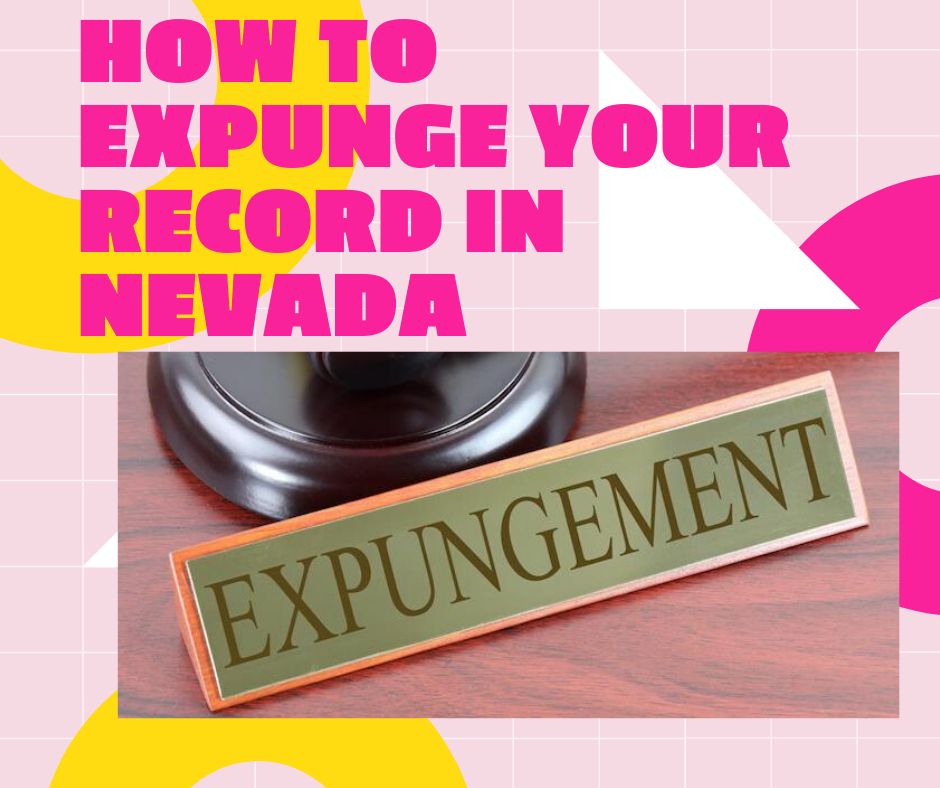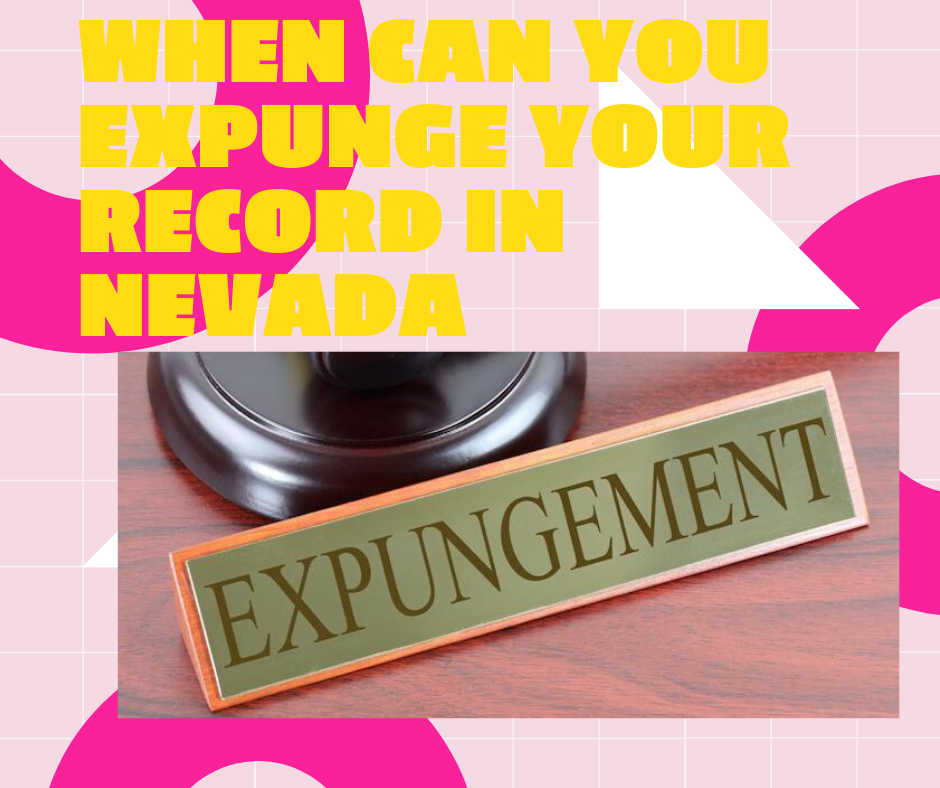3 ways to reduce or get rid of medical bill debt
I’ve also attached a video discussing this in case you prefer to watch a video: If you have huge medical bills you may be wondering how you can get rid of this debt or reduce your liability. We will be discussing three ways to reduce or get rid of your hospital debt. 1. Make sure […]
3 ways to reduce or get rid of medical bill debt Read More »





